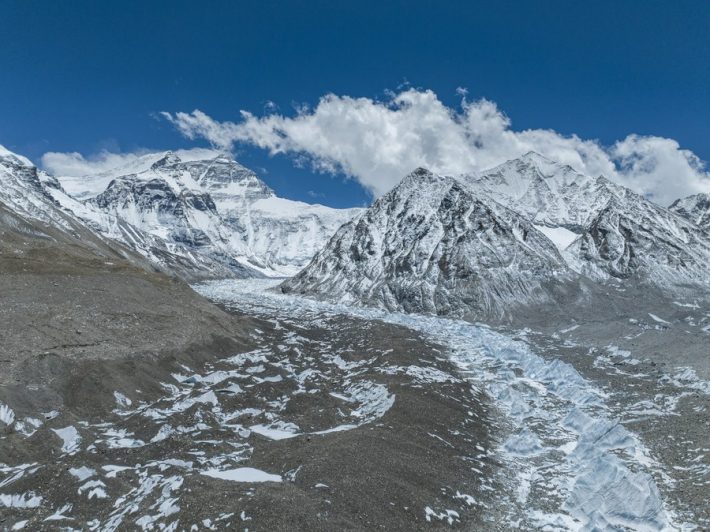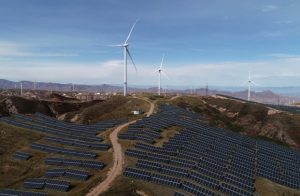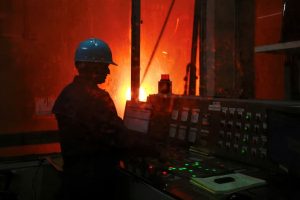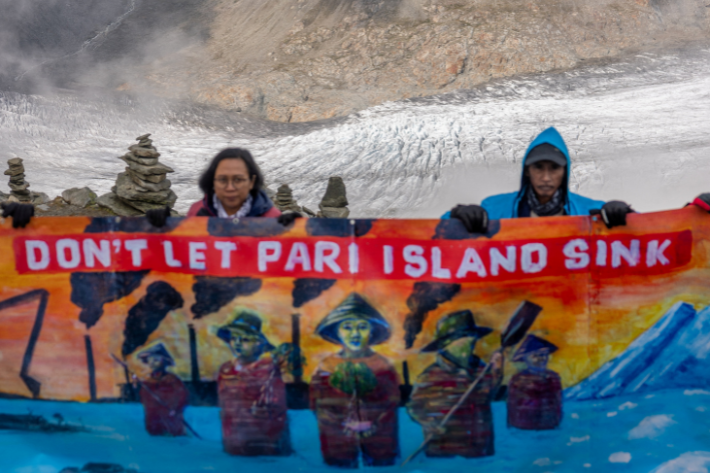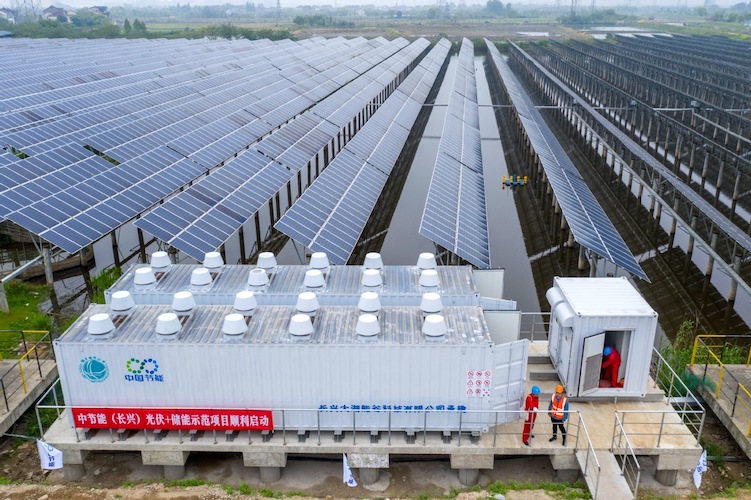A troubling new dimension on the threat posed by climate change has emerged, with scientists racing to find out if the increasingly fast melting of glaciers could spur a surge of volcanic eruptions – in areas where volcanoes are currently covered by ice.
The University of Iceland is one of 12 institutions working on a research project to determine if climate change will trigger increased volcanic activity, according to a report by Reuters, which said scientists believe “the elements needed to set off another surge in eruptions are converging” as over half of Iceland’s volcanoes are covered with ice.
And this could be a problem for people living in other parts of the world because eruptions are rich in carbon dioxide. Many volcanoes sit under the West Antarctic Ice Sheet, for example, raising the risk they could speed up ice melting into the ocean and raise sea levels.
ALSO SEE: Funding Gap Hurts Climate Talks While World Faces 3.1C Warming
The theory underlying the study is that the tremendous weight of glaciers and ice sheets places downward pressure on the Earth’s crust and mantle, effectively dampening the upward force from magma chambers beneath volcanoes. But as the ice cover melts and retreats, the downward pressure eases, enabling more rock in the mantle to melt and form magma, it said.
“This change in pressure spurs dynamic forces beneath volcanoes to produce more magma and alter its movement, influencing eruptions.”
A US volcanologist has drawn up a list of the world’s most dangerous volcanoes that lie under glaciers, based on the volume of ice on or near each one, along with the frequency of past eruptions and number of people living within 30km. Seven of the top 10 are in the Andes in South America, it said.
Meanwhile, British volcanologist John Smellie said there were two to three active volcanoes in Antarctica and “there may be as many as 100 to 150.” Satellite measurements show that “Antarctica is shedding more than 150 billion metric tons of ice a year,” the report said.
Smellie said if climate change kicks off a new era of eruptions in coming decades, it would hasten the already rapid loss of the continent’s ice cover, adding to rising seas and eventually swamp the world’s big coastal cities.
- Read the full report: Reuters.




